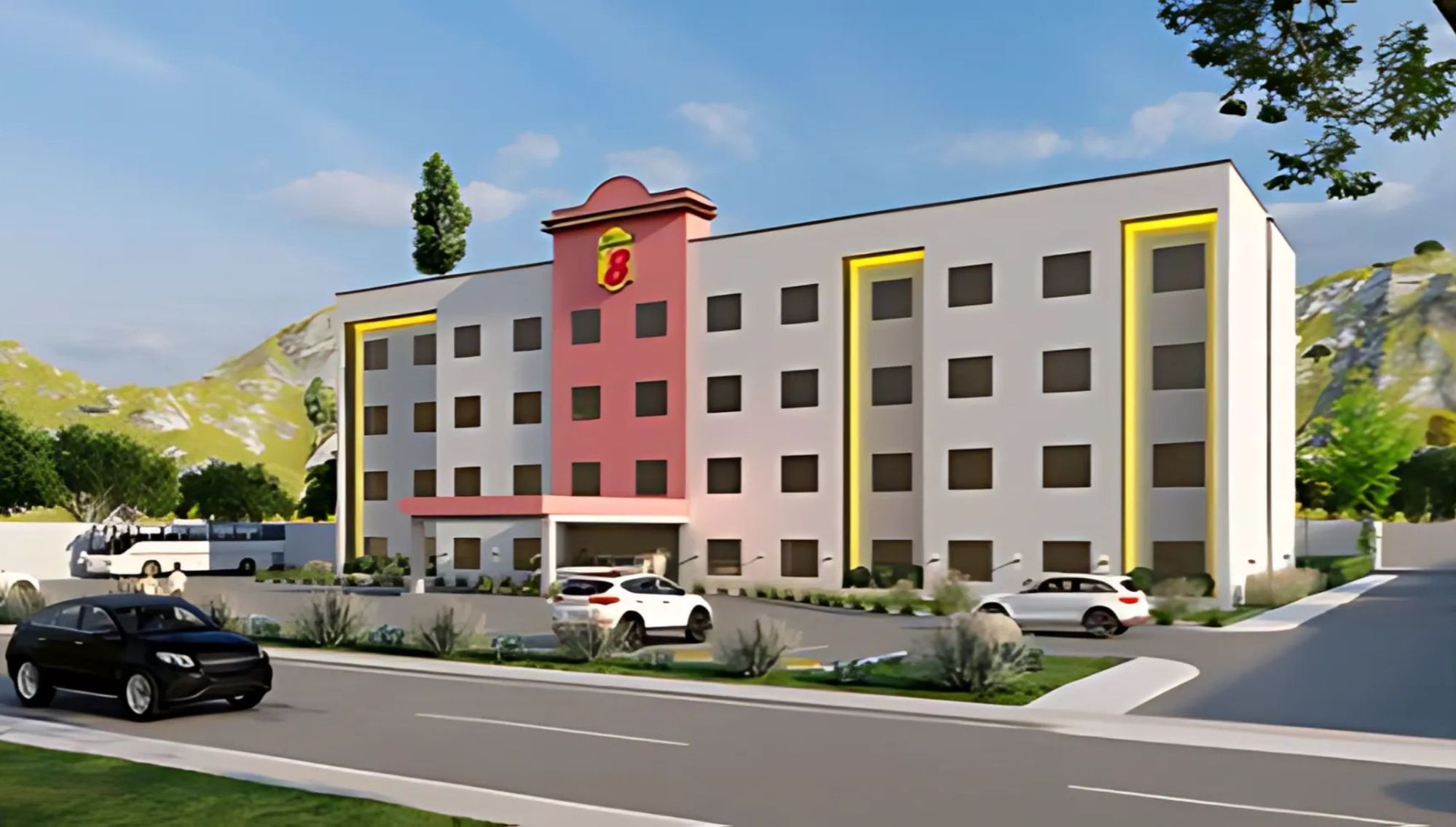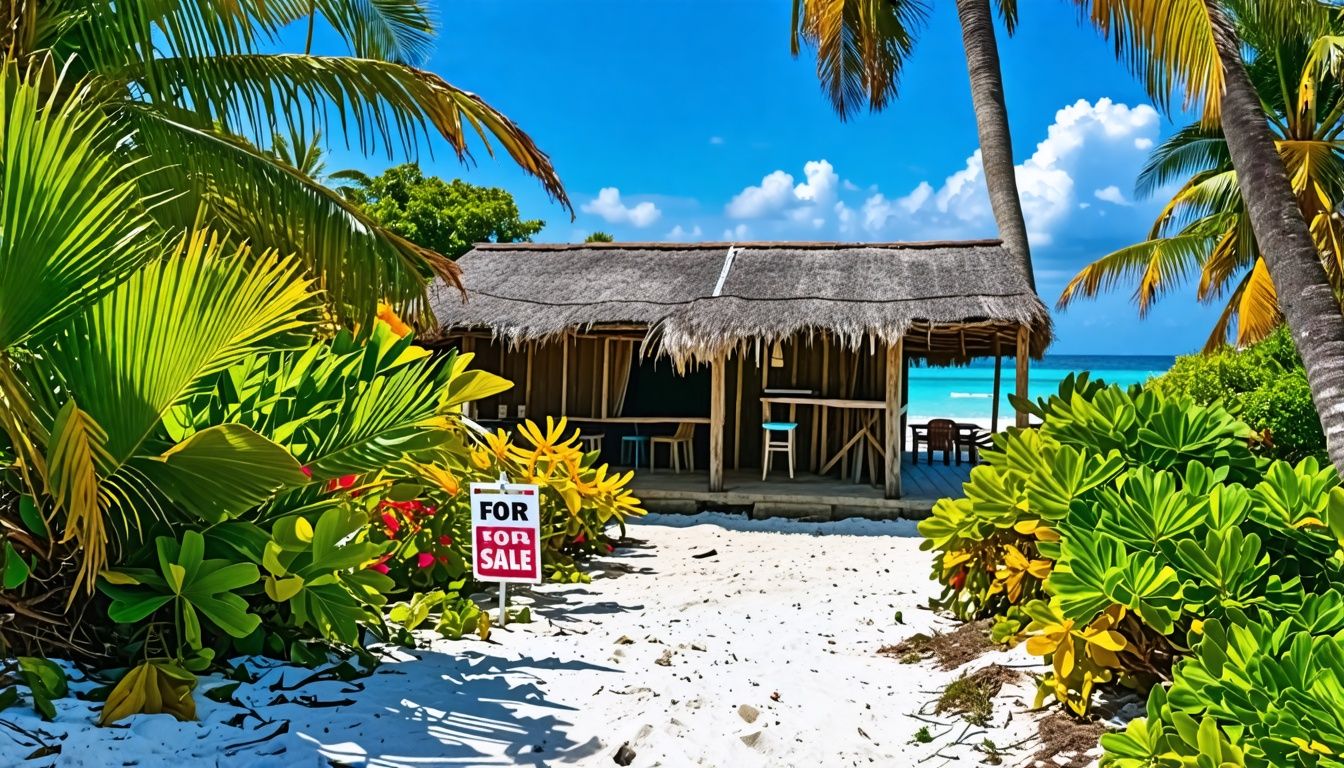THE AGENCY MAGAZINE
Your Mag to Real Estate and Everyday Life in the Dominican Republic
Understanding the Legal Rights of Property Owners
Have you ever wondered about your rights as a property owner? Owning property is a big deal, and it comes with specific legal rights. Our article will guide you through these rights and how they impact you.
Keep reading to learn more!
Key Takeaways
Property owners have the right to use, sell, and c
Everything You Need to Know About Taxes and Fees in Real Estate In The Dominican Republic
Buying a house in the Dominican Republic comes with its own set of challenges. Did you know that property tax there is 1% per year on the cadastral value? This article will guide you through understanding taxes and fees on real estate to make your investment smoother.
Ready to learn more?
Key Takeaw
Why the Dominican Republic is a Must-Visit Destination for Golf Enthusiasts
Key Takeaways
Teeth of the Dog at Casa de Campo - #1 ranked course in the Caribbean
Punta Espada Golf Club - Jack Nicklaus oceanfront design
Corales Golf Club - Stunning Tom Fazio course, host of PGA Tour event
La Cana Golf Club - Beautiful P.B. Dye layout at Puntacana Resort
Dye Fore at Casa de Ca
Demystifying Dominican Republic Real Estate Law for Buyers and Investors
Buying property in the Dominican Republic sounds exciting, right? Yet, many people find the legal side confusing. Here's a fact: Foreigners have as much right to buy land here as locals do.
Our article breaks down Dominican Republic real estate laws into simple steps. This makes it easier for you to
Your Real Estate Advisors
Phone:+1(809) 224-1017
Leave a Message
"We're here to help: share your details for customized Real Estate advice! "








